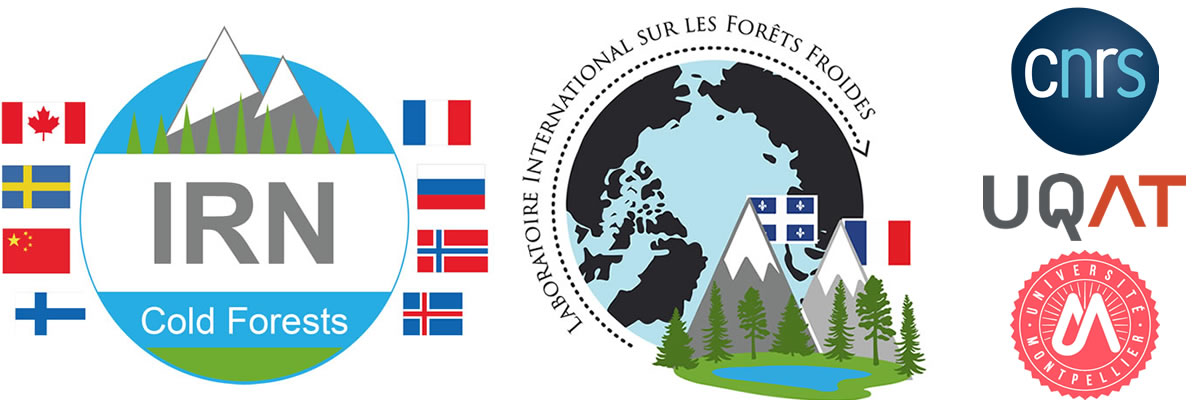Bio
Professional address
South China Botanical Garden of the Chinese Academy of Sciences
Mail : 723# Xingke Road, Tianhe District, Guangzhou, China 510650
E-mail : huangjg@scbg.ac.cn
Phone : 86-2037264225
Academic background
Positions
- April 2019-Dec.2021, Leading Scientist for Plant Ecology Center of Core Botanical Gardens, Chinese Academy of Sciences, China
- May 2017 to present, Co-Director for Key Laboratory of Vegetation Restoration and Management of Degraded Ecosystems of the Chinese Academy of Sciences, Guangzhou, China
- Nov. 2016 to present, Adjunct Associate Professor, Forest Research Institute, University of Quebec at Abitibi-Temiscamingue, Quebec, Canada
- July 2016 to present, Co-Director for Ecology & Environmental Research Center, South China Botanical Garden of the Chinese Academy of Sciences, Guangzhou, China
- January, 2014 to today, Professor & 100 Talent Principle Investigator, South China Botanical Garden of the Chinese Academy of Sciences
- July 2013 to January, 2014, Postdoc Research Fellow, Department of Basic Sciences, University of Quebec at Chicoutimi, Canada
- Nov. 2012 to July, 2013, Postdoc Research Associate, Department of Forestry and Natural Resources, College of Agriculture, Purdue University, USA
- Jan 2010 to Oct. 2012, Postdoctoral Research Fellow, Department of Renewable Resources, University of Alberta, Edmonton, Canada
Education
- Sep, 2004- Oct. 2009, Ph.D in Environmental Sciences at the Université du Québec en Abitibi-Témiscamingue, Québec, Canada (Supervisor: Dr. Yves Bergeron)
- Sep. 2000 –Nov. 2003, Master in Physical Geography at the Graduate School of the Chinese Academy of Sciences (Cold and Arid Regions Environmental and Engineering Research Institute), China
- Sep. 1995 – July 1999, Bachelor in Hydrological and Engineering Geology at Lanzhou University, Lanzhou, China
Professionnal experience
- To investigate inter-annual growth response of trees and forests to climate change/warming in the northern hemisphere using dendrochronology and forest ecology.
- To monitor intra-annual xylem formation and tree phenology(budburst, flowering and shoots/branches extension) in response to climate change and further clarify the potential mechanisms behind.
- To quantify the potential relationships between tree growth and environmental factors using linear/nonlinear and mixed models, and further assess the potential changes in forest growth, composition, and structure under global change.
Area of expertise
Current themes : Global change and forest ecology, Growth response and adaptation of trees to climate change
Key words : Wood formation, tree rings, dendrochronology, climate change, mixed modeling, N deposition, global change
Website
- Website of your affiliated institution : english.scbg.ac.cn
- GoogleScholar : scholar.google.ca/citations?user=vovlqjEAAAAJ&hl=en

